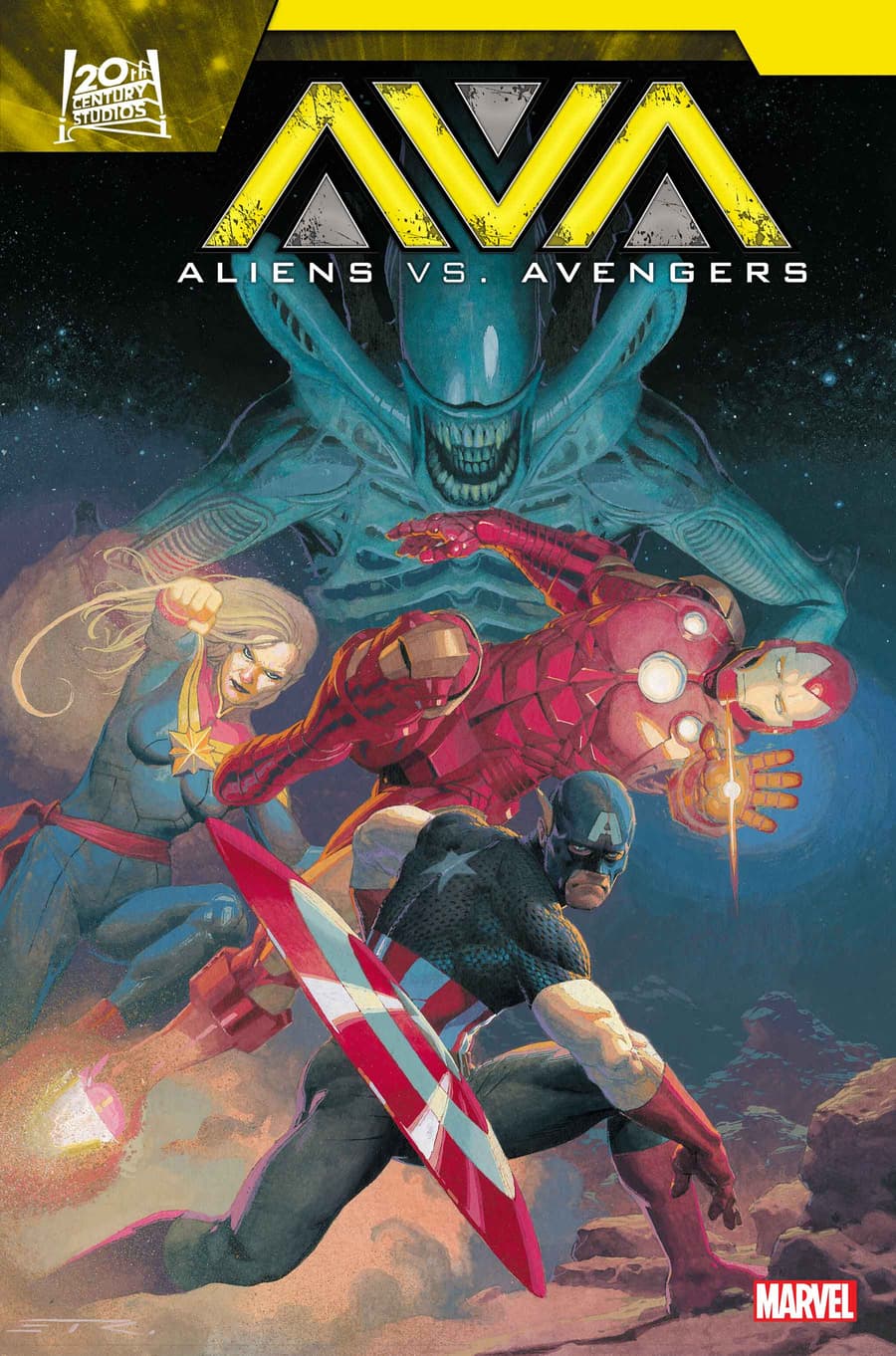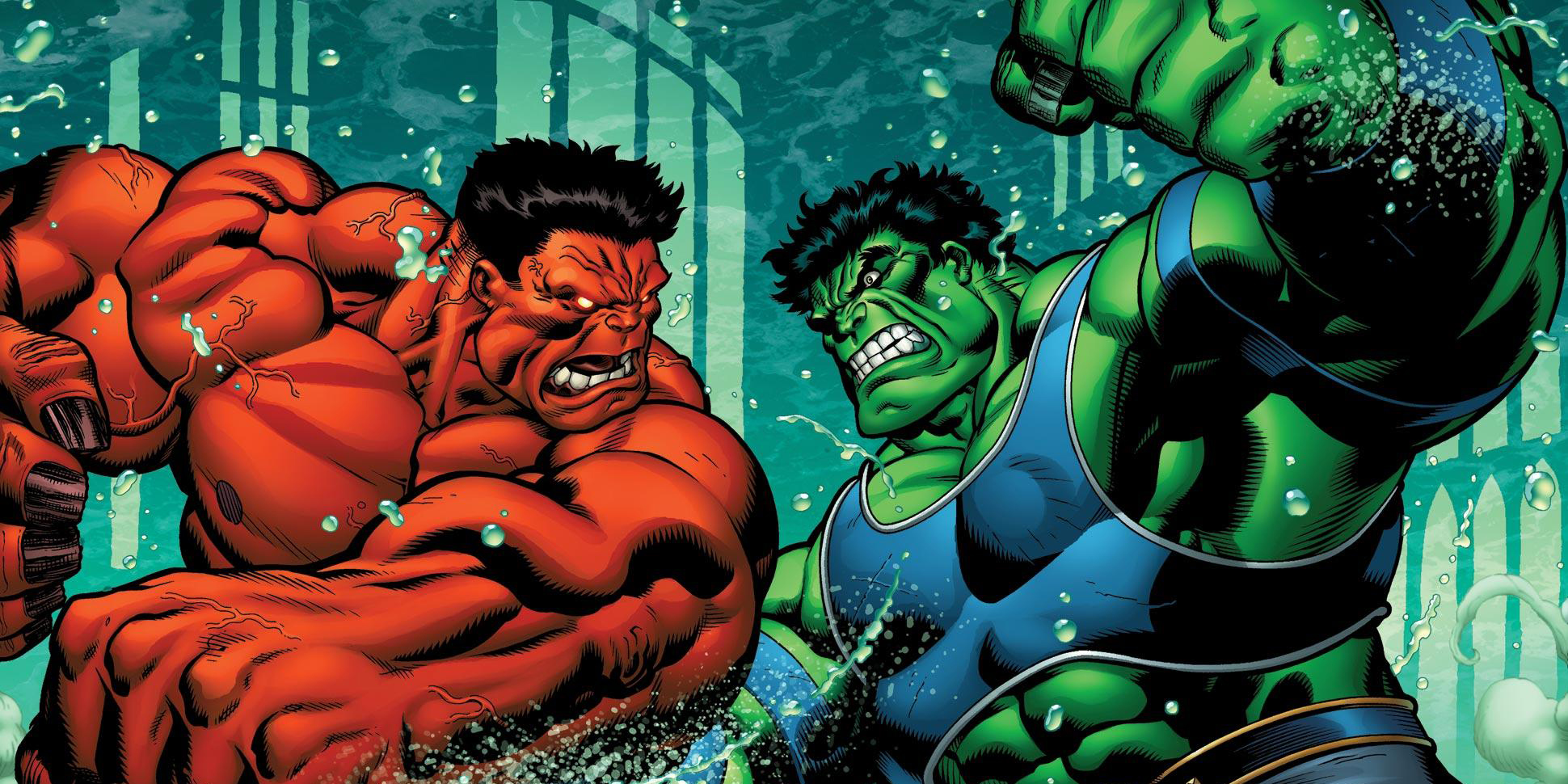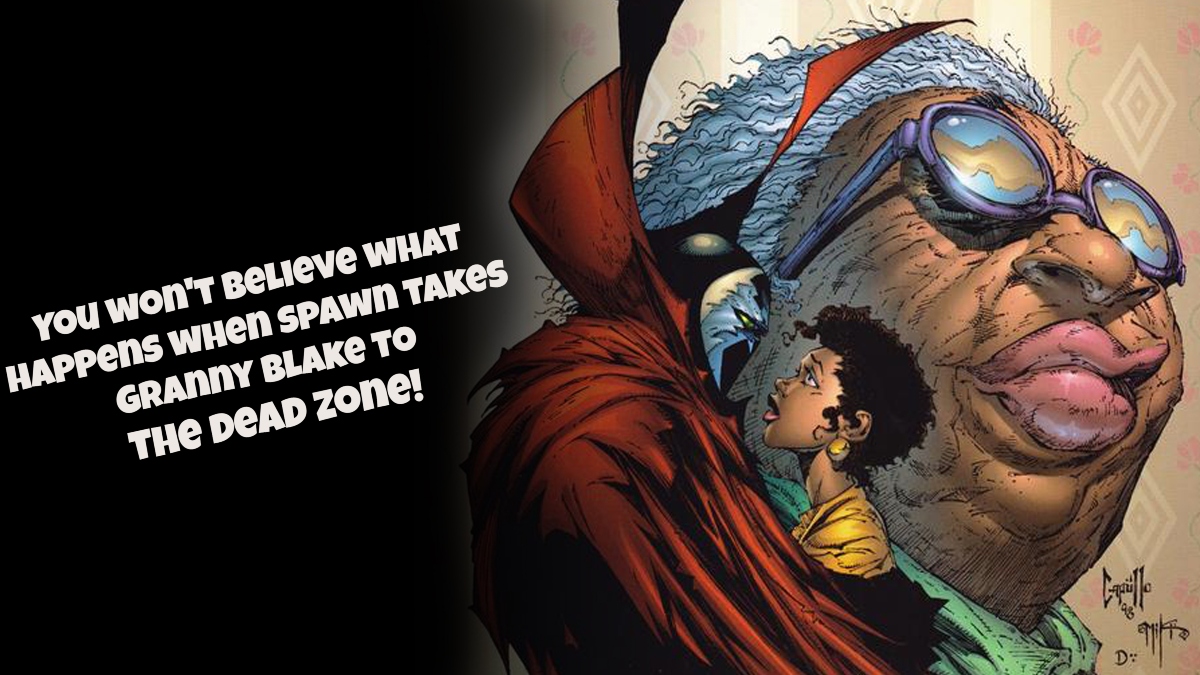
Hampton Fancher has been around, and I mean that in a good way. He came up as an actor during the 60s, working some of the same TV Westerns as Harrison Ford, Charles Bronson, and Clint Eastwood. He later moved into film, and then somewhere along the way he came into contact with Philip K. Dick’s sci-fi novel, Do Androids Dream of Electric Sheep, which we all know became the film Blade Runner.
Fancher met with Dick, but could not initially convince him to option the novel. Dick feared that his vision for the film could not be realized, until he saw some early special effects depicting Los Angeles in 2019; Dick was blown away, and said, “exactly as how I’d imagined it!”
Fancher came onto the project as a producer and essentially hired himself to write the screenplay. Interestingly, Fancher has only written two other produced screenplays (Denzel Washington’s The Mighty Quinn, and Owen Wilson’s The Minus Man). Fancher continued acting, albeit sporadically, in the intervening year. Fancher career has been usual by Hollywood standards, and according to Variety, his life is now the subject of a documentary called Escapes, produced by Wes Anderson.
Related – Blade Runner 2049 Emphasized Real Sets Over Green Screens
There are many stories floating around regarding the difficulties of the original Blade Runner shoot, some pretty tense too. However, in an IGN interview, director Ridley Scott described his relationship with Fancher during filming:
“The script that Hampton Fancher wrote was very, very good, [but] very much written as a lower budget film. Very much internalized and interiorized. It told [the story] in apartments where the one party would go out and return, and I said, ‘You know, what you’re proposing in the story, you’ve got to go outside and see the world. See what that is.’ So from that point on, I’ve never worked so much in all my life with a writer, the writer Hampton. And actually, it’s probably one of the best experiences I’ve had with a writer. We worked for five bloody months on it, almost every day going through it, going through what we went through yesterday, and gradually he evolved it.

Most recently, Fancher and Scott collaborated again on a treatment that picked-up where the original film left off, which became a 100-page novella that tells the entire story of Blade Runner 2049. Fancher then worked with long-time collaborator, Michael Green, to create the film’s screenplay.
LRM attended a recent Blade Runner 2049 press conference, where Fancher — now 79-years-old — and Green spoke about their experience (and reticence) to approach the sequel. Green related:
“The idea of working on Blade Runner is absolutely playing with fire, but I think everyone up here is a pyro of sorts, so it’s exciting and the chance to take something that Hampton has written that he paints with smoke, beautiful smoke, and then trying to work with that to work alongside Ridley and Denis, it’s a pleasure, it’s a privilege.”
Fancher’s role in bringing the both original Blade Runner and its sequel to life is kind of amazing. A small-time actor writes a dark, dreary sci-fi script that becomes a cult classic, and somehow returns to complete the job 35 years later. That’s a script unto itself and pretty compelling stuff, even for Hollywood.
Did you read the original Philip K. Dick novel? How do you think it compares to Fancher’s script? Let us know in the comments down below!
Blade Runner 2049 hits theaters on 6 October 2018.
Don’t forget to share this post on your Facebook wall and with your Twitter followers! Just hit the buttons on the top of this page.

 FOR FANBOYS, BY FANBOYS
Have you checked out LRM Online’s official podcasts and videos on The Genreverse Podcast Network? Available on YouTube and all your favorite podcast apps, This multimedia empire includes The Daily CoG, Breaking Geek Radio: The Podcast, GeekScholars Movie News, Anime-Versal Review Podcast, and our Star Wars dedicated podcast The Cantina. Check it out by listening on all your favorite podcast apps, or watching on YouTube!
Subscribe on: Apple Podcasts | Spotify | SoundCloud | Stitcher | Google Play
FOR FANBOYS, BY FANBOYS
Have you checked out LRM Online’s official podcasts and videos on The Genreverse Podcast Network? Available on YouTube and all your favorite podcast apps, This multimedia empire includes The Daily CoG, Breaking Geek Radio: The Podcast, GeekScholars Movie News, Anime-Versal Review Podcast, and our Star Wars dedicated podcast The Cantina. Check it out by listening on all your favorite podcast apps, or watching on YouTube!
Subscribe on: Apple Podcasts | Spotify | SoundCloud | Stitcher | Google Play



